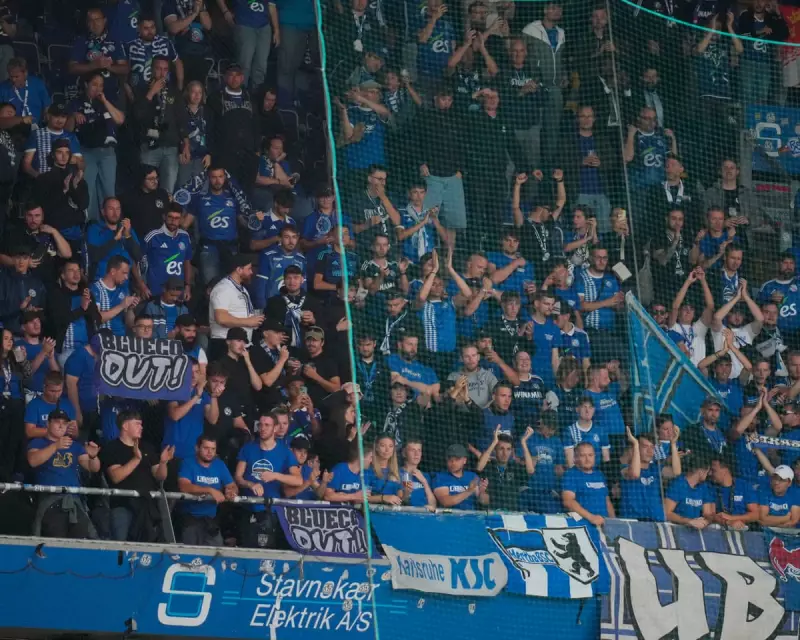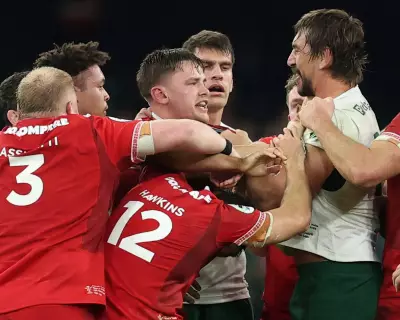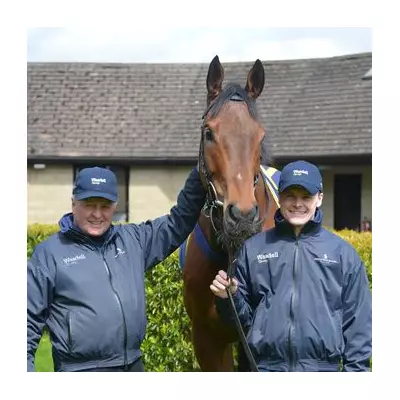
The gleaming vision of a global football network, once a PowerPoint promise from Chelsea's new American ownership, is now facing a stark reality check on the gritty pitches of Ligue 1. The acquisition of RC Strasbourg Alsace by Chelsea's parent company, BlueCo, is rapidly looking less like a partnership of equals and more like a one-way street designed to serve the Premier League giant.
What was sold to Strasbourg's passionate fanbase as a symbiotic relationship, providing financial stability and access to a world-class talent pool, is increasingly perceived as a resource extraction operation. The constant flow of young players from London to eastern France, often with little regard for the team's existing chemistry or tactical needs, has supporters and pundits alike asking a painful question: are we a sister club or merely a storage facility?
A One-Way Talent Pipeline
The transfer strategy has been the most telling indicator. Since the takeover, Strasbourg's squad has been inundated with Chelsea's burgeoning loan army. While the infusion of young talent can be exciting, the concern is that sporting decisions are being superseded by corporate strategy. The team's composition appears less a matter of building a coherent unit for coach Patrick Vieira and more about finding minutes for Chelsea's assets.
This model risks undermining the very fabric of the club. Strasbourg is a institution with a proud, unique history and a deeply loyal supporter base. Reducing it to a proving ground for another club's prospects is seen as an affront to its identity. The fear is that the club's soul is being commoditised, its Ligue 1 status leveraged solely for the development of players who will never call Strasbourg home.
The Erosion of Autonomy
Behind the scenes, the autonomy promised to Strasbourg's leadership is seemingly eroding. Key decisions regarding player recruitment and long-term planning are increasingly influenced by the parent company's broader agenda. This centralised control from London strikes at the heart of what makes football clubs culturally significant—their local identity and independent decision-making.
The situation in Strasbourg serves as a cautionary tale for the entire football world. The multi-club ownership model, while financially seductive, harbours a fundamental conflict between global brand management and local club heritage. It challenges the principles of fair competition and sporting merit, placing corporate expansion above the integrity of the game.
A Warning for the Future of Football
As BlueCo's experiment continues, the eyes of Europe are on Alsace. The outcome will resonate far beyond Strasbourg. It will signal whether this model can truly foster mutual growth or if it inevitably creates a hierarchy of clubs, with the privileged few at the top treating the rest as mere feeder teams. For the fans who live and breathe their club, the distinction between a sister and a servant is everything.





